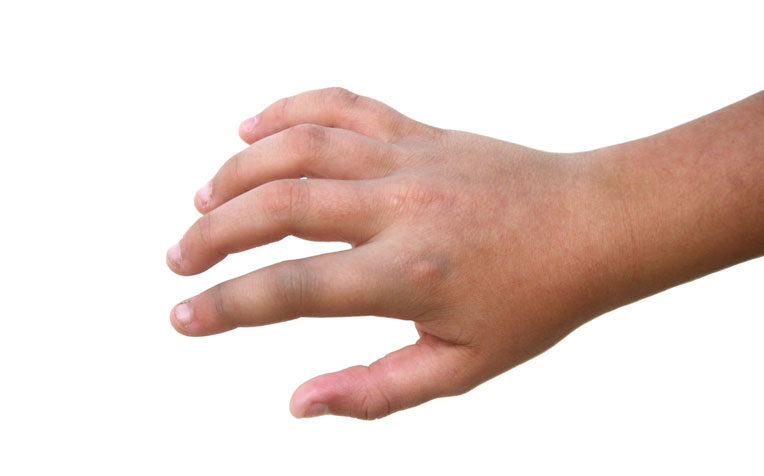
The term ‘eczema’ is used to refer to a group of medical conditions that causes the skin to become inflamed and irritated. The most common type of eczema that is found is atopic dermatitis or atopic eczema. Statistically it has been found that about 10% to 20% of infants and 3% of adults and children in the US are infected with this skin condition. Infants that have this condition tend to outgrow this condition by the time they reach ten years of age. A small minority of individuals can be symptomatic throughout their lives.
Symptoms
Eczema causes itches that are experienced over the world. The areas of the skin that are affected become very dry, thick and scaly. In people with fair skin. These areas may become red initially and then turn brown in colour. In people with darker skin, eczema can affect the pigmentation of the skin, and can change to become lighter or darker.
In infants, the itchy rash can become pus like and start oozing. It could also become crusty. These rashes can break out on the face and scalp mainly, but these patches can also come on other parts of the body.
Causes
While the causes of this particular skin condition are unknown, it has been considered to be an overreaction of the immune system to any irritant. Eczema is more prominent in individuals whose families and bloodlines are genetically more prominent to allergies.
In some affected people, eczema rises only on exposure to the irritating substance. This substance could be everyday items such as soaps, detergents, animal dander, and other products. Stress is also a factor that makes eczema worse.
Diagnosis
Diagnosis of this is made clinically or at home. There are no particular tests for this condition however there are some tests for substance allergies that can be used.
Treatment
The main aim of treating eczema is to reduce the symptoms of itching and prevent future infections. There are specific moisturizers that are recommended to be used after bathing, when the skin is still wet. Cold compresses have also been proved to be effective in reducing itching.
Other medical products that help are prescription creams like hydrocortisone 15 that can help control the inflammation. If an infection sets in, your doctor will prescribe antibiotics that will help with the symptoms.
For even further symptom control, you can take antihistamines. More advanced forms of treatment include phototherapy using UV radiation as well as the use of cyclosporine in extremely severe cases.
Prevention
You can follow the below listed tips to prevent outbreaks of eczema:
- Frequently moisturize your skin
- Avoid switching between sudden temperatures and humidity
- Avoid activities that can cause your body to excessively perspire or overheat
- Control your stress levels
- Avoid wearing scratchy materials such as wool
- Avoid using harsh soaps, detergents
- Avoid consuming food that you know can cause an outbreak
If you actively and consciously try to follow these steps, you can prevent eczema from breaking out regularly.